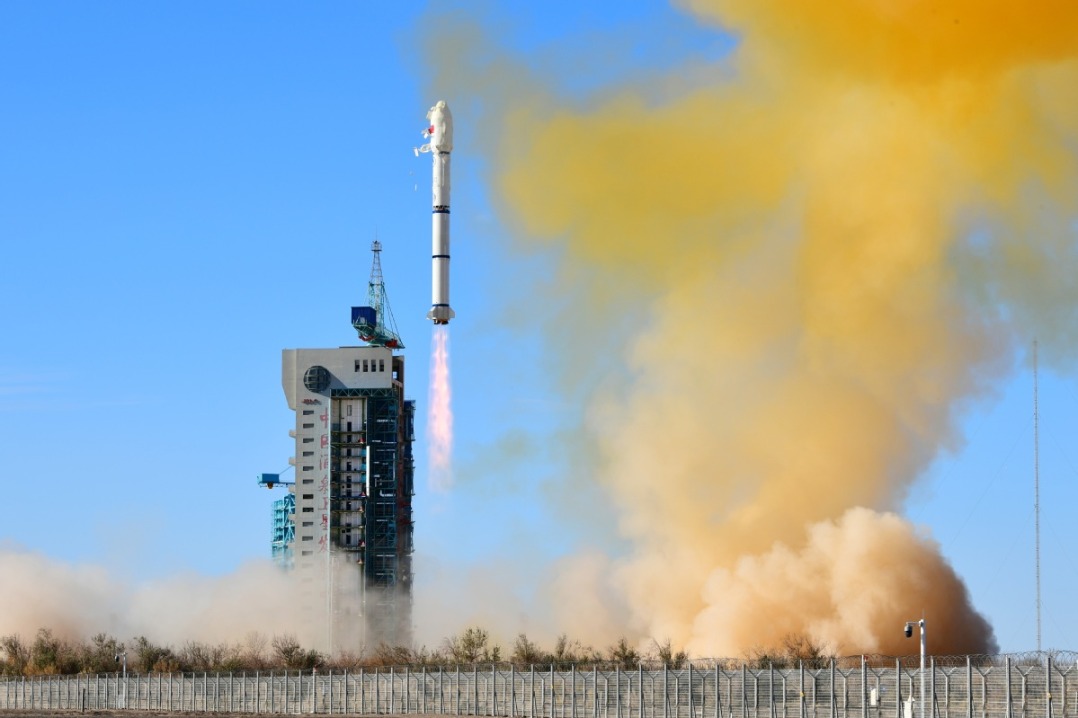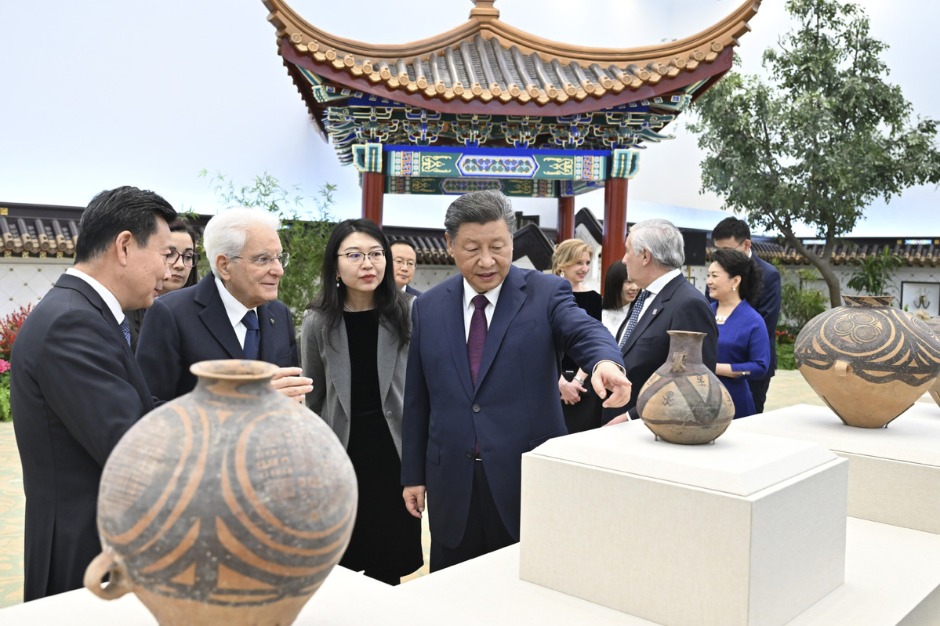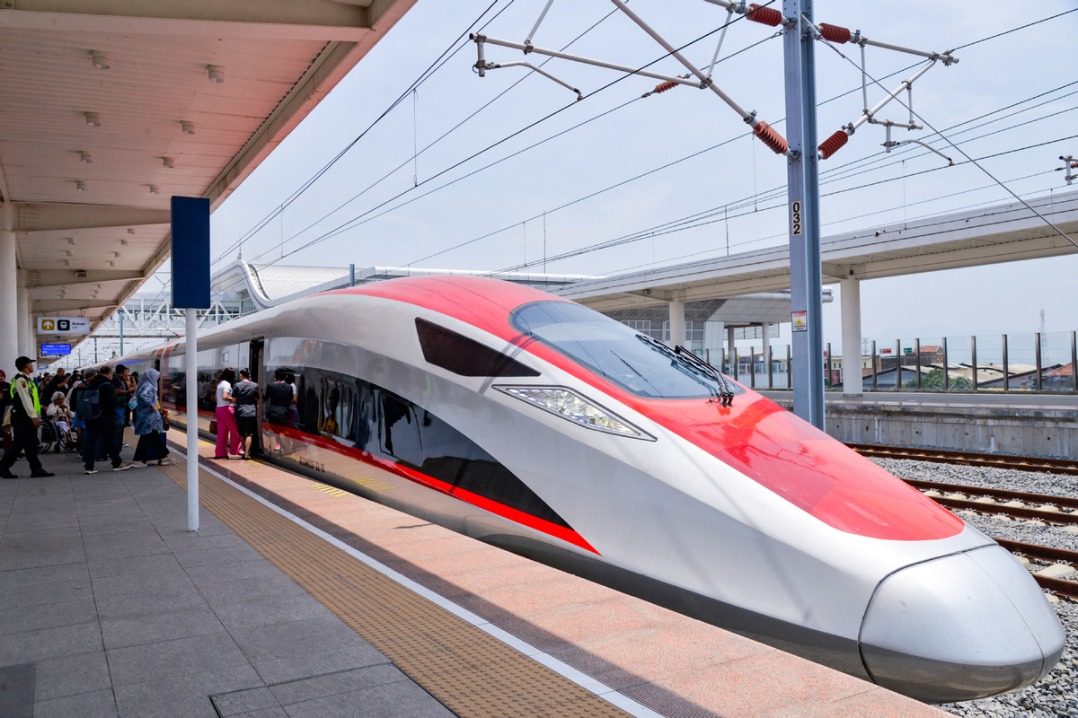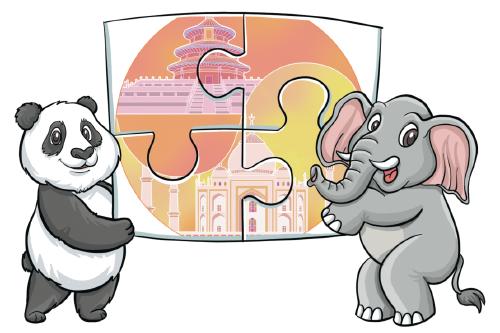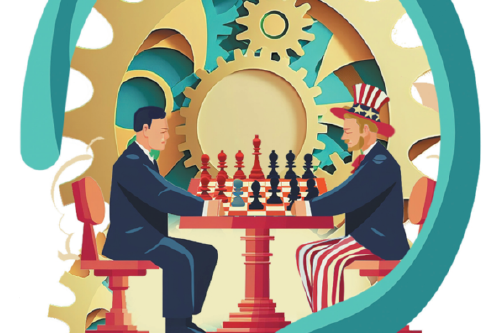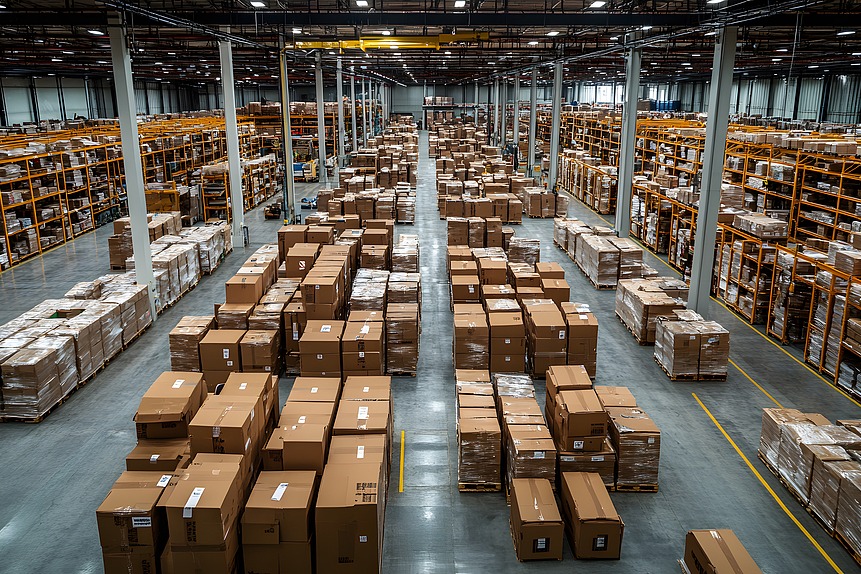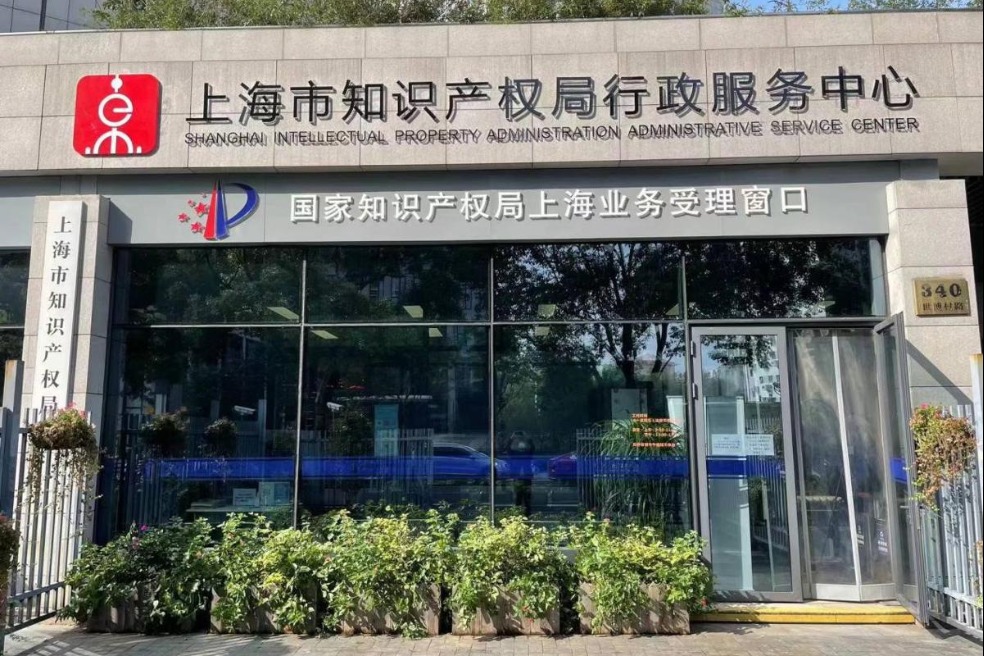Branstad a victim of Washington's selfish, disruptive foreign policy

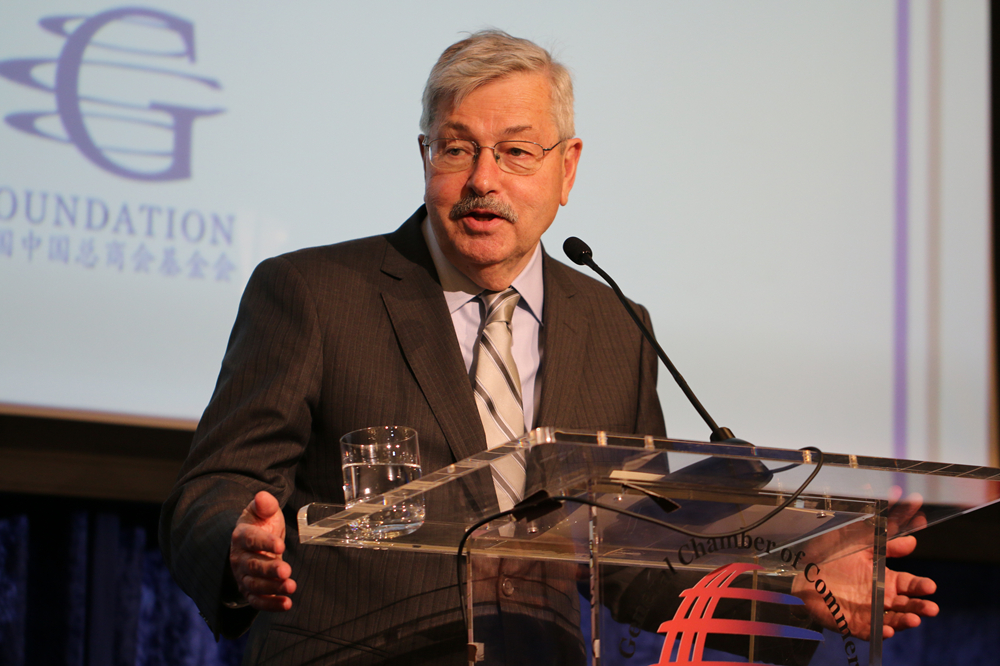
US Ambassador to China Terry Branstad's announcement on Monday that he would retire and leave Beijing early next month took many by surprise, and triggered speculations on whether his decision was prompted by the recent row over his op-ed submission to the People's Daily or for the sake of US domestic election campaign.
Whatever the reason, Branstad's efforts to build a stronger relationship between the world's two largest economies have been curtailed due to the United States administration's disruptive policies and undiplomatic Secretary of State Mike Pompeo.
I attended Branstad's confirmation hearing at the US Senate Foreign Relations Committee on May 2, 2017. In fact, I congratulated him that morning when I met him outside the building. I listened to his speeches in Iowa in October 2013 when Iowa and Hebei province celebrated the 30th anniversary of their sisterly relations.
As long-time Iowa governor, Branstad's close relationship with President Xi Jinping is well known. They first met in 1985 in Iowa when Xi led an agricultural delegation from Hebei province. The "old friends" met again during Xi's return visit to the US in February 2012 as China's vice-president.
Branstad has visited 26 provinces and autonomous regions in China, and said he would have visited all Chinese provinces, autonomous regions and municipalities if the COVID-19 epidemic hadn't limited his travel plans. He said that "getting to know the Chinese people, meeting them in their homes and hearing their personal stories, has been one of the great privileges of this job".
He and his family are welcome to return as many times they like to China to realize his dream. As his predecessor Stapleton Roy said, if you don't go back often to China, you won't recognize and understand the places because the country has been changing so fast.
Unfortunately, people-to-people exchanges, whether of Chinese students and scholars or tourists and businesspeople, have been demonized by the incumbent US administration. And the resurgence of McCarthyism in the US has been impeding mutual understanding between the two countries' peoples.
While Pompeo is notorious for his frequent and vicious attacks — and speeches — against China on Twitter, I am appalled by the fact that the US embassy in China's Twitter account often re-tweets Pompeo's lies and insults. The US ambassador and embassy should represent US interests, and those hostile tweets can only sabotage bilateral ties, not reinforce them.
Branstad assumed the post of US ambassador to China with the aim of expanding bilateral trade, especially for US farm products because Iowa is the second-largest agricultural state in the US, after California. But the US trade war against China has deeply hurt such prospects. Who knows whether the US leaders and lawmakers would now label the export of US farm products to China a national security threat.
Instead of seeking cooperation and collaboration to deal with global challenges, the US administration has chosen to play lose-lose games as exemplified by its many disruptive policies and measures.
Many say the role of the US ambassador to China has become less important due to the increasing high-level exchanges. But that should not be the case in the past few years when many bilateral exchange mechanisms were suspended.
I wish Branstad and his family the best. I also hope that, even if he is returning to Iowa to help the president's election campaign, he will not join the China-bashing gang which seems directionless, and instead help stop it.
Like all his predecessors, Branstad should advocate more US engagement with China rather than decoupling. And he should tell the American public how 1.4 billion Chinese people united to contain the novel coronavirus, something that is so badly needed in the US today.
That could be a real high point of his ambassadorial career.
The author is chief of China Daily EU Bureau based in Brussels.
If you have a specific expertise and would like to contribute to China Daily, please contact us at opinion@chinadaily.com.cn , and comment@chinadaily.com.cn
















